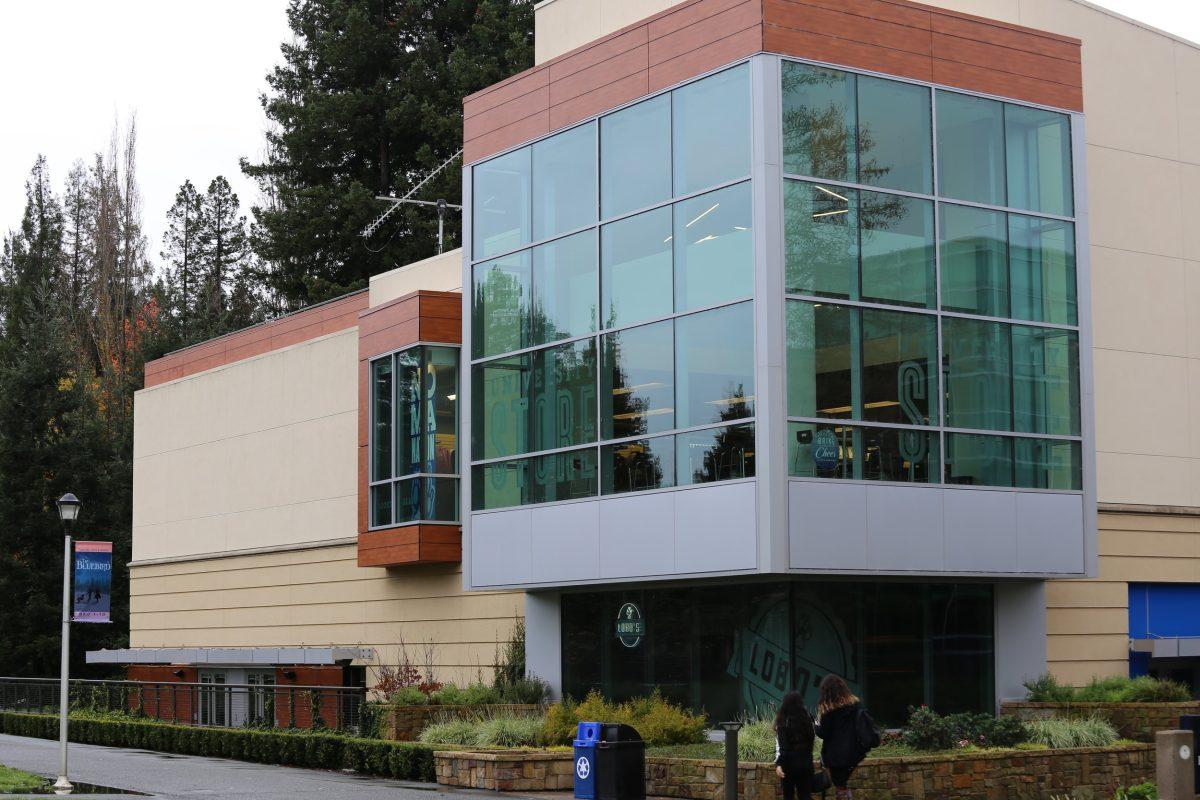The cost of textbooks is a burden placed on students at the beginning of every semester and many students do what they can to alleviate this burden by looking for the least expensive option. What this search shows to many is that the University Store, owned by Barnes & Noble, may be the most convenient place to buy books, but it is seldom the cheapest.
Sam Brannen, a math professor, does not see the University Store as a viable option for his students, who usually buy their books from North Light Books or online.
“Students can buy used copies online for less than $5,” said Brannen. “However, our bookstore is selling used copies for $356.25. This seemed outrageous to me.”
His department is using a third edition Calculus textbook instead of the current eighth edition to save his students money.
Keaton Skaggs, a junior and history major, went straight to Amazon and didn’t even bother checking the bookstore this semester.
“I figured they were going to be super expensive,” Skaggs said, but even buying online, he spent about $400.
Bria Donaldson is in her sixth year, so she has years of experience buying textbooks.
“Now that I know how to work the system, I pay about $200, but before, when I first started buying textbooks, I was paying full price so probably like $400 or $500 dollars,” she said. By “work the system,” she means avoid the bookstore unless it’s a last resort, and do research before automatically buying a textbook at full price. She uses websites like Amazon and Chegg and looks for PDF versions before she spends money.
With different textbooks required for different courses and many places available to purchase textbooks from, the cost of textbooks can vary drastically between students.
Steve Higginbotham is the General Manager of Sonoma State’s University Store, whichBarnes & Noble has operated since 2006.
“The process used to select Barnes & Noble was lengthy,” said Higginbotham. “But designed to ensure our students received the most affordable texts possible while providing the best service, most efficient operations and most support to the campus.”
Prior to privatizing the bookstore, there were debates on if outsourcing was the right decision. At the time, the academic senate passed a resolution against going this route. “Bringing in a chain store that would siphon money out of the state while also competing with local book sellers who are much more supportive of their communities seems ill-advised,” the resolution stated.
Over 100 faculty boycotted the bookstore by not submitting the reading lists to the store. Peter Phillips, a sociology professor and 26-year-veteran of Sonoma State, still participates in this boycott and advocated against privatizing the bookstore in 2006 when Sonoma State signed the contract with Barnes & Noble.
“The bookstore, at that point, had been run by staff and a longtime bookstore manager,” said Phillips. “All the profits went to the university. It was profitable and they were unionized state employees, so when they decided to sub-contract it out, a number of us objected to that.”
On top of that, Phillips said the contract was kept secret in order to hide that the funds were being diverted to the Green Music Center.
“The profits are leaving the campus, they go to a corporation. The corporation treats us like a colony; they take money out without putting money in,” Phillips said.
Smaller bookstores such as North Light Books were not considered to bid to operate the bookstore, a controversial decision.
Barnes & Noble College currently operates 770 campus bookstores and serves more than 5 million college students and faculty nationwide.
Daniela Zazzeron owns North Light Books, located across the street from campus, providing an alternative to buying from the University Store.
“We’re guaranteed cheaper than the campus store, and a lot of the professors and students also like the idea that we’re independent, locally owned and we’re not a big chain like the bookstore,” Zazzeron said.
North Light Books provides every textbook a student may need, save for a few nursing books. In her 10 years owning the business, Zazzeron has seen the industry change from almost all sales to more rentals, as well as more emphasis on online options. These changes are due to students trying to save money.
By finding used books cheaply and passing that savings on to the student, North Light Books is able to compete with the larger University Store.
During the peak of book-buying season, North Light Books employs about eight people, and the Sonoma State bookstore employs up to 40.
Peter Phillips said the push to privatize the bookstore was driven by former president Ruben Arminana.
“I think there is an opportunity for her [Judy Sakaki] to reevaluate how the bookstore is operated and revert back to a school-operated bookstore,” said Phillips.




































